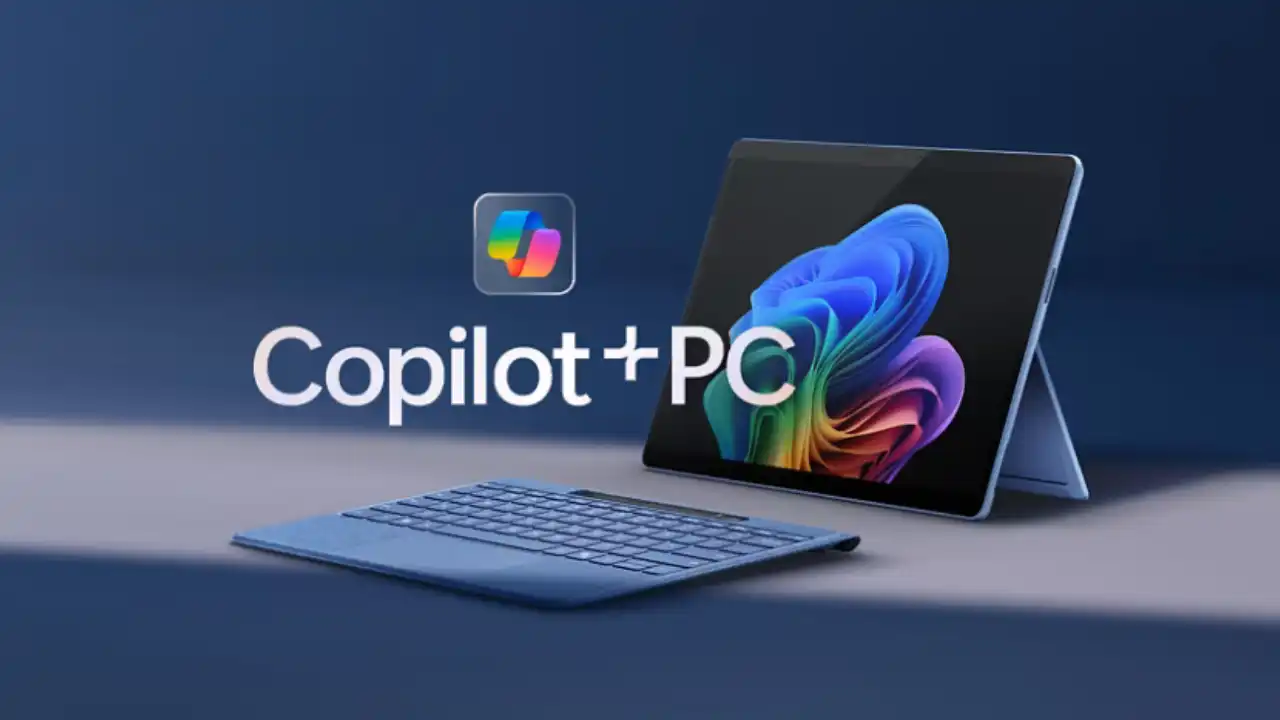As part of Microsoft 365 Copilot Wave 2 which has been available for businesses, Microsoft introduced a few AI features among which are Copilot Pages and self-sufficient AI agents. This new feature of Copilot Bizchat which is called Pages transforms your work data into insights with the help of artificial intelligence and turns it into an editable document that anyone can access through a link.
Microsoft 365 Copilot Wave 2: Pages and Narrative Tools
Copilot agents act as virtual assistants to do something and you can program Copilot to run a set of tasks or have Copilot look at your inbox and fetch an email on its own! Redmond-based tech giant also announced new Copilot updates to come to Microsoft 365 Copilot Wave 2, apps like Narrative Builder in PowerPoint, Copilot in Excel with Python, and email inbox prioritization among others.
During the Microsoft 365 Copilot in Excel with Python is currently in limited availability, users can use natural language to perform such operations as forecasting, risk assessment, machine learning, visualization of complex data, and other extreme activities without coding. Besides the collaboration tools, Microsoft is to improve other essential apps within the 365 system.
In addition to those changes that have been introduced in PowerPoint, Microsoft has introduced a tool known as the Narrative Builder which is a tool that puts together the first presentation of a narrative with a single command. This feature establishes an easily editable table of contents of the topics and, in future revisions, the users will be able to attach the files to the table of contents which will allow the AI to deliver more nuanced versions of the drafts.
New in PowerPoint, the GA narrative builder pulls in Copilot to dash off first-draft presentations with a simple call for help. The users request a list of topics that can be presented in the outline that can be revised and perfected. Users shall soon be allowed to add files to the outline to anchor topics and to source company-approved pictures from the SharePoint Organisation Asset Library.
New AI features of Microsoft 365 Copilot across applications
Microsoft is introducing new AI features across its Office suite with Microsoft 365 Copilot Wave 2:
Excel: This is because through Copilot specifically the support of Python users can perform complex data analysis without programming. It extended with new functions as filters such as XLOOKUP, SUMIF, conditional formatting, and generate charts and Pivot Tables. This integration has been developed and the public preview starts today.
PowerPoint: In Copilot, there is a new and enhanced version of the narrative builder to help users to create the first drafts of the slide decks. Future enhancements will facilitate the use of such templates with company logos and the ability to insert SharePoint libraries’ images.
Word: Later this month, Copilot in Word is going to be a feature that expands capabilities to refer to data from an email or a meeting and incorporate an attachment or key points of a meeting into a Word document.
Outlook: It also introduces a novel “prioritize my inbox” in which Copilot can help with sorting the emails. Shortly, people will be able to teach Copilot about matters that they need to focus on, the keywords, or even contacts that should be associated with high-priority marked emails.
Teams: Launched later this month, Copilot in Teams will summarize text chats and spoken meetings, allowing the meeting organizer to answer any uninformed questions.
OneDrive: Incremental Releases: New value-adds for OneDrive for Business will be Copilot, which enables summarizing and side-by-side comparison between up to five files to highlight differences.
The Microsoft 365 Copilot Wave 2 is intended to increase Copilot’s appeal to businesses in response to claims of a diverse customer experience of the paid version; for example, due to bugs or high prices. Microsoft is constantly improving capabilities that are inherent to Copilot to make it the primary working tool in collaborative spaces.
